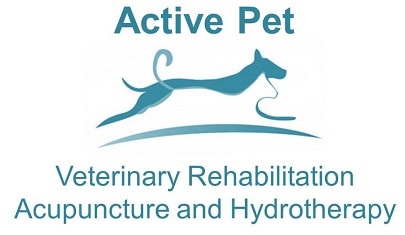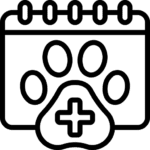Our Philosophy
Just as human medicine has progressed over the years, so advances in veterinary care have increased our ability to understand and look after our pets. At Active Pet we are dedicated to helping your dog, cat, rabbit or other small animal enjoy the best quality of life. We offer a holistic approach using multi-modal veterinary treatments to provide rehabilitation after accidents, address age-related conditions, such as arthritis, and help with all-round fitness and health.
We are fully qualified Veterinary Surgeons
Our approach differs because your pet will be treated by a qualified and experienced Veterinary Surgeon. In the UK anyone can set themselves up as a veterinary physiotherapist or hydrotherapist as you do not need to have any qualifications. Courses, when people do take them, are very variable. Active Pet is unique in that your pet is always looked after by a Veterinary Surgeon. The veterinary course in the UK is five or six years long and then additional training and examinations are needed to become fully qualified in rehabilitation.
Being Veterinary Surgeons enables us to be able to diagnose, as well as treat, conditions, which puts us in a unique position. We are able to advise and recommend medications, which non-veterinary personnel are not allowed to do under the RCVS guidelines. Being experienced Veterinary Surgeons is also vital in ensuring that any treatment takes into account any other conditions that your pet may have and any other medications they may be taking. For example, steroids, such as prednisolone, make the muscles weaker and so when organising an exercise or hydrotherapy program we need to take this into consideration.
We are bound by the Royal College of Veterinary Surgeons (RCVS) and must keep up to date with new treatments
The RCVS is the regulatory body of Veterinary Surgeons practising in the UK. There are rules and regulations that all Vets have to follow to maintain their registration. All Vets have to undertake a mandatory 35 hours of continuing professional development (CPD) per year. We often tend to do more than the recommended amount so we can make sure that we are offering you and your pet the most up-to-date treatments and advice. The requirements for CPD for other bodies involved in veterinary rehabilitation vary, with some not requiring any study to maintain membership. Things change very quickly in the veterinary fields both in rehab and non-rehab areas so we believe it is very important to keep up to date.







